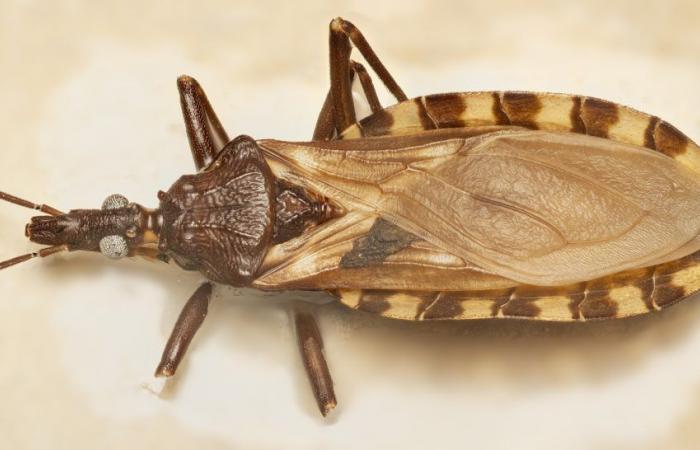Vector of Chagas disease, the kissing bug is the main target to control the spread of the condition. In addition to traditional methods, such as the use of insecticides and repellents, researchers believe that genetic editing using the CRISPR method can facilitate the fight against insects.
“People have been trying to do CRISPR and genetic engineering in triatomine bugs for a long time, but no one has been able to do it because traditional methods are too difficult in these insects,” explains Jason Rasgon, co-author of the new study.
Therefore, he and a team of researchers have spent the last six years developing tools that allow genetically modifying difficult organisms, such as the kissing bug. And, apparently, they succeeded.
In a new study published in the journal The CRISPR Journalscientists have demonstrated that it is possible to make genetic changes to the vector of Chagas diseaseeven though the changes tested do not exactly have the objective of combating the insect.
“Our technology has the potential to make gene editing more efficient, easier and cheaper in a wide range of animals,” says Rasgon.
Understand Chagas disease research from The CRISPR Journal
Generally, gene editing is done through microinjections with the CRISPR material directly into embryos. However, kissing bug eggs are hard to pierce.
Therefore, researchers developed a technology called Cargo Receptor Mediated Ovarian Transduction or ‘ReMOT Control. It consists of injecting the materials directly into the mother’s circulatory system and guiding this material to the developing eggs.
When testing the method on barber bugs, they tried to alter the genes associated with eye and cuticle color. Then, they injected CRISPR for gene editing into the female insect and ultimately observed that her offspring had the desired changes.
Advancement in science
According to the researchers, the advance allows the scientific community to start talking about gene editing with CRISPR to control Chagas disease. But not only.
“This has important implications for basic research,” explains Rasgon. In general, the barber bugs are a model system for studying insect physiology.
In this way, the new method will allow scientists to investigate fundamental biological questions about this type of animal and the transmission of diseases.





